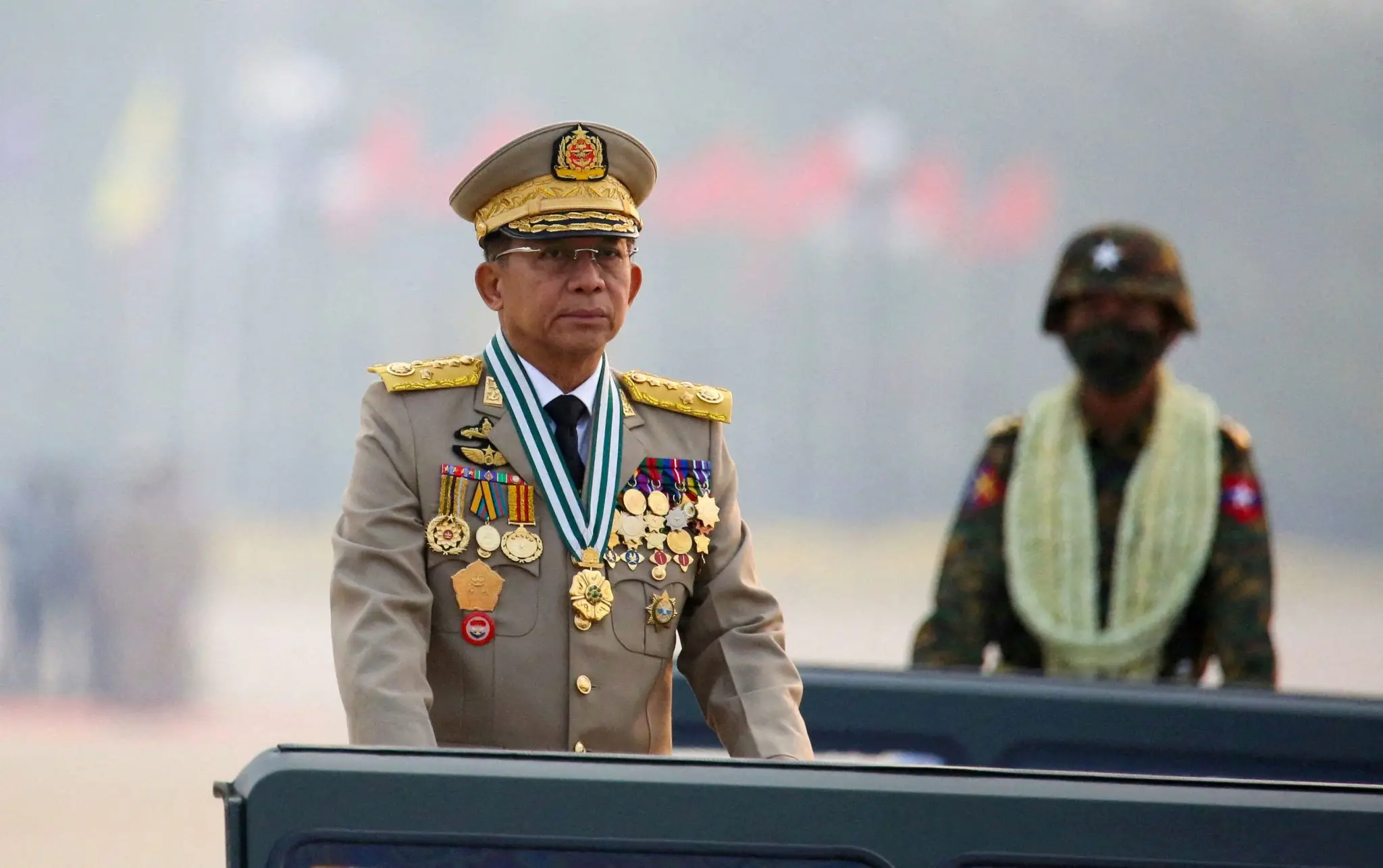Regional experts believe China’s efforts to mediate between the Myanmar junta and ethnic rebels on its northern border are motivated mainly by self-interest.
However, Beijing’s efforts will unlikely have a significant effect on the conflict, VOA News reported.
According to the experts, China’s goals in convening the peace talk between the military and the Three Brotherhood Alliance, held most recently in Kunming on December 20, is two-fold. Experts believe China is making efforts to eliminate cyberfraud operations victimising Chinese citizens and to stabilise trade across the China-Myanmar border.
In an interview, Yun Sun, director of the China program at the Stimson Center, said, “So, the economic interest or the border trade is being affected, that is for sure.” Yun Sun said, “But that is a minor consideration compared to the cyber campaign. … The sooner it can be completed, the sooner the cease-fire is, and the sooner the stability can be restored.”
The armed conflict between the Myanmar junta and ethnic groups has caused a daily loss of about USD 10 million in bilateral trade between China and Myanmar, according to veteran Myanmar domestic political analyst Than Soe Naing. He said this loss is more damaging for Myanmar than China.
In a statement on December 28, Chinese Foreign Ministry said Beijing “hopes that relevant parties in Myanmar will exercise maximum restraint, actively ease the situation on the ground, together realize the soft landing of the situation in northern Myanmar and take concrete actions to protect the safety and security of Chinese projects and personnel in Myanmar.”
In 2023, an alliance of rebel forces in war-torn Myanmar took several key towns from the Myanmar military regime, The New York Times reported. The early successes of the alliance’s campaign, which began in Shan State in October last year, encouraged resistance forces in other parts of Myanmar, which have also taken control of several towns. Notably, Shan State is Myanmar’s largest state, covering almost one-fourth of the country.
The offensive began on October 27 after three ethnic armies – the Myanmar National Democratic Alliance Army, the Ta’ang National Liberation Army and the Arakan Army announced “Operation 1027.” The rebels, which call themselves the Brotherhood Alliance, opened fire on the military and captured trucks and weapons, according to videos posted on social media.
Earlier in November, the People’s Defence Forces said it had taken control of Kawlin, a town in the region of Upper Sagaing, and Khampat, a town in the west.
Meanwhile, Karenni resistance forces said they have taken control of three military outposts in Mese, The New York Times reported.
For two years, the various armed ethnic groups, which have fought against the army for decades, and the People’s Defence Forces have combined forces, and they now control large parts of the countryside, according to The New York Times report. However, these groups have operated autonomously and are fragmented throughout Myanmar. The resistance movement has been encouraged by the successes of the Brotherhood Alliance.























